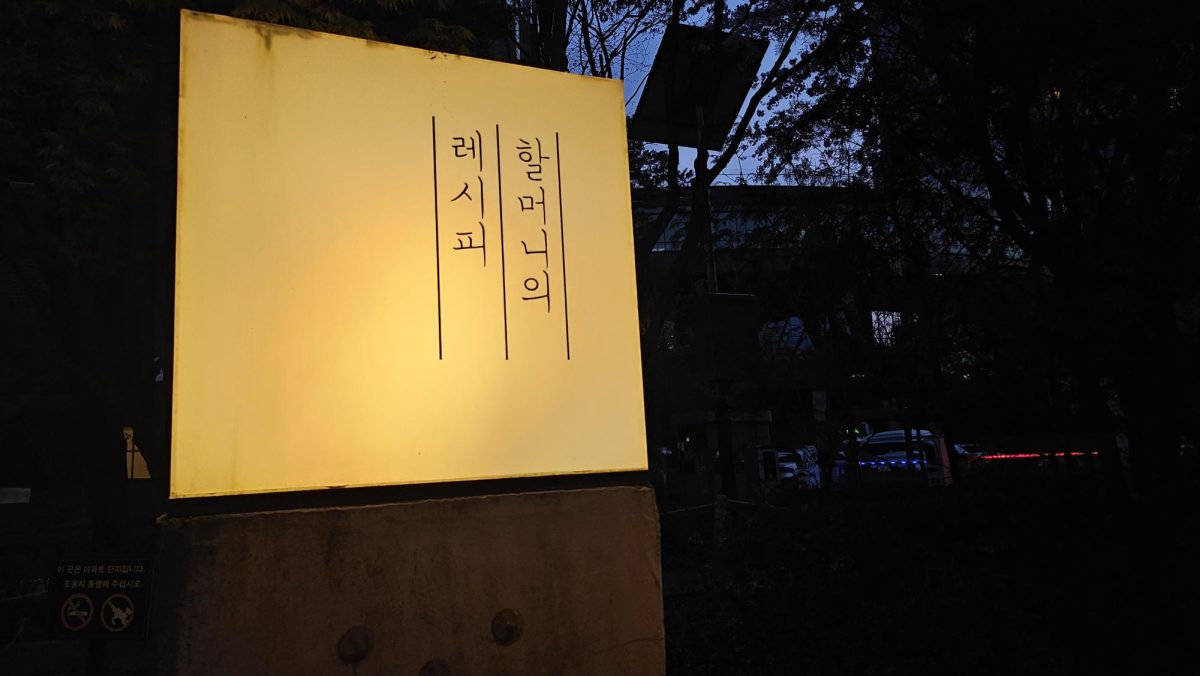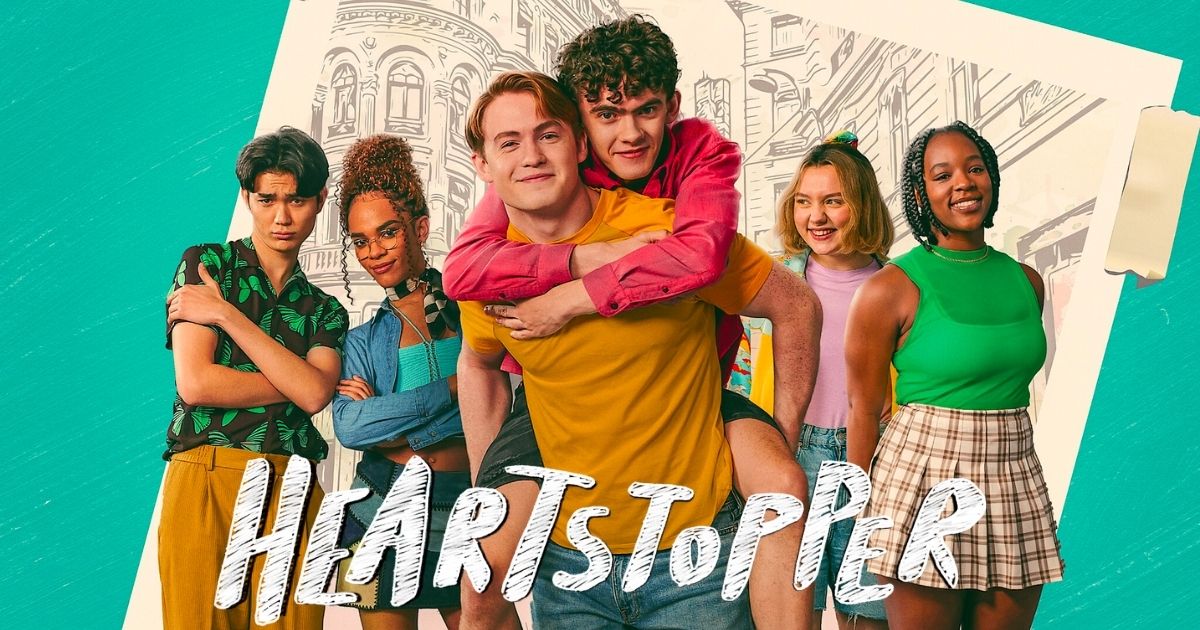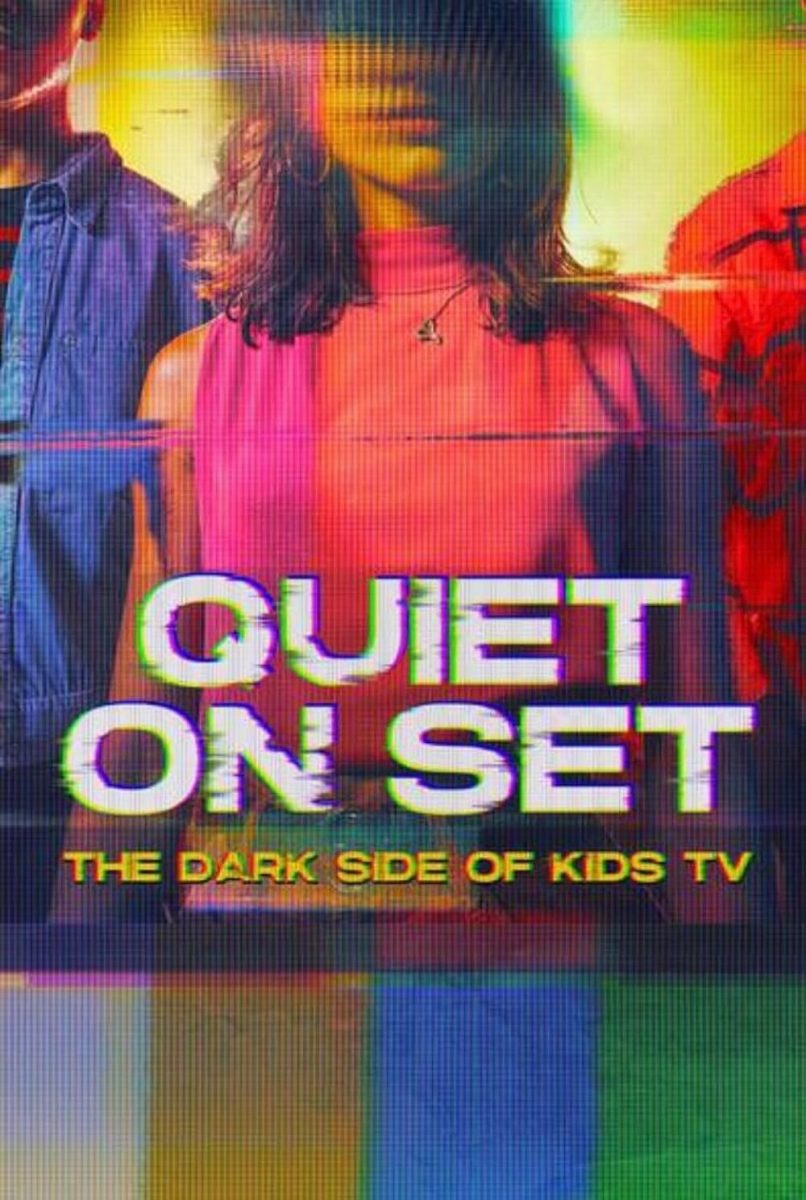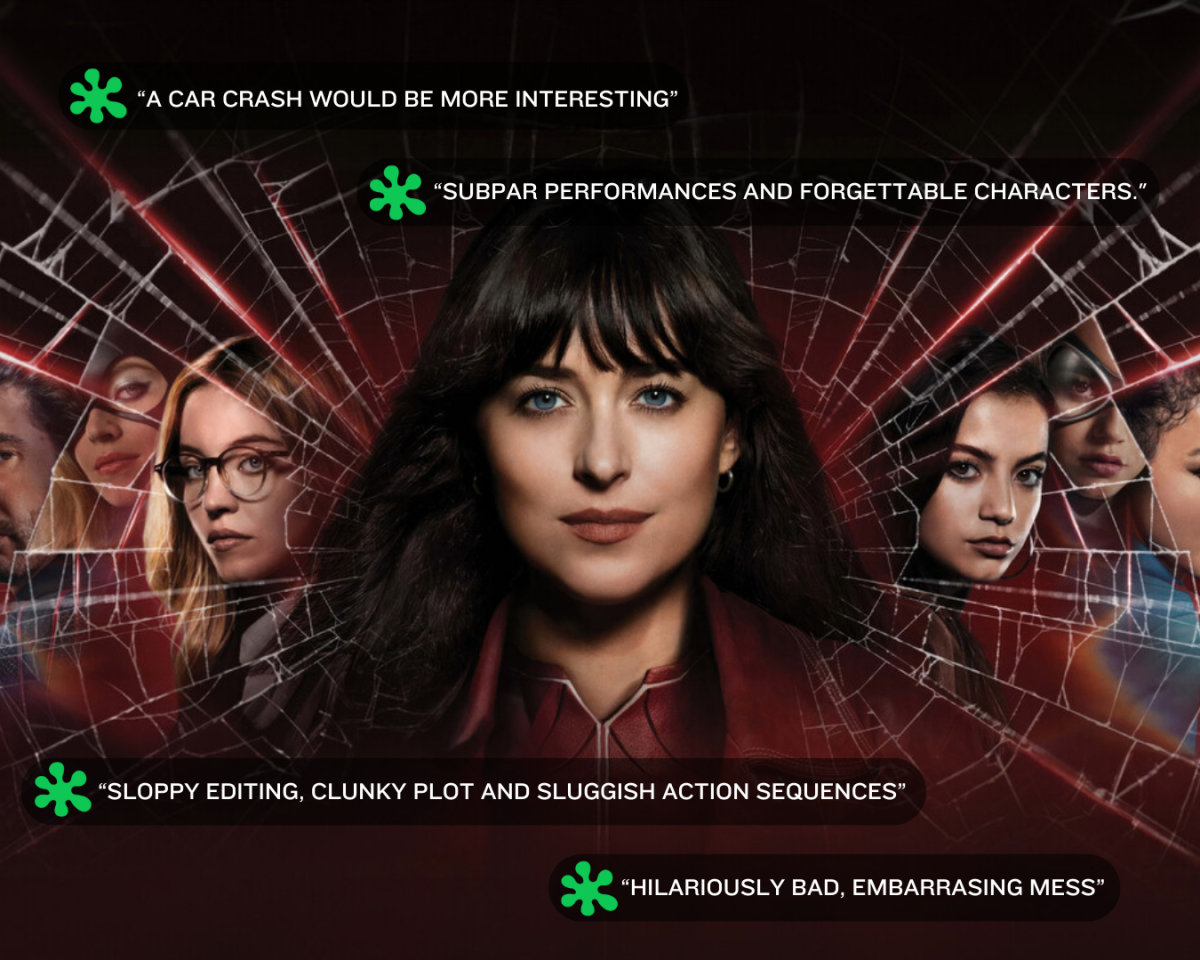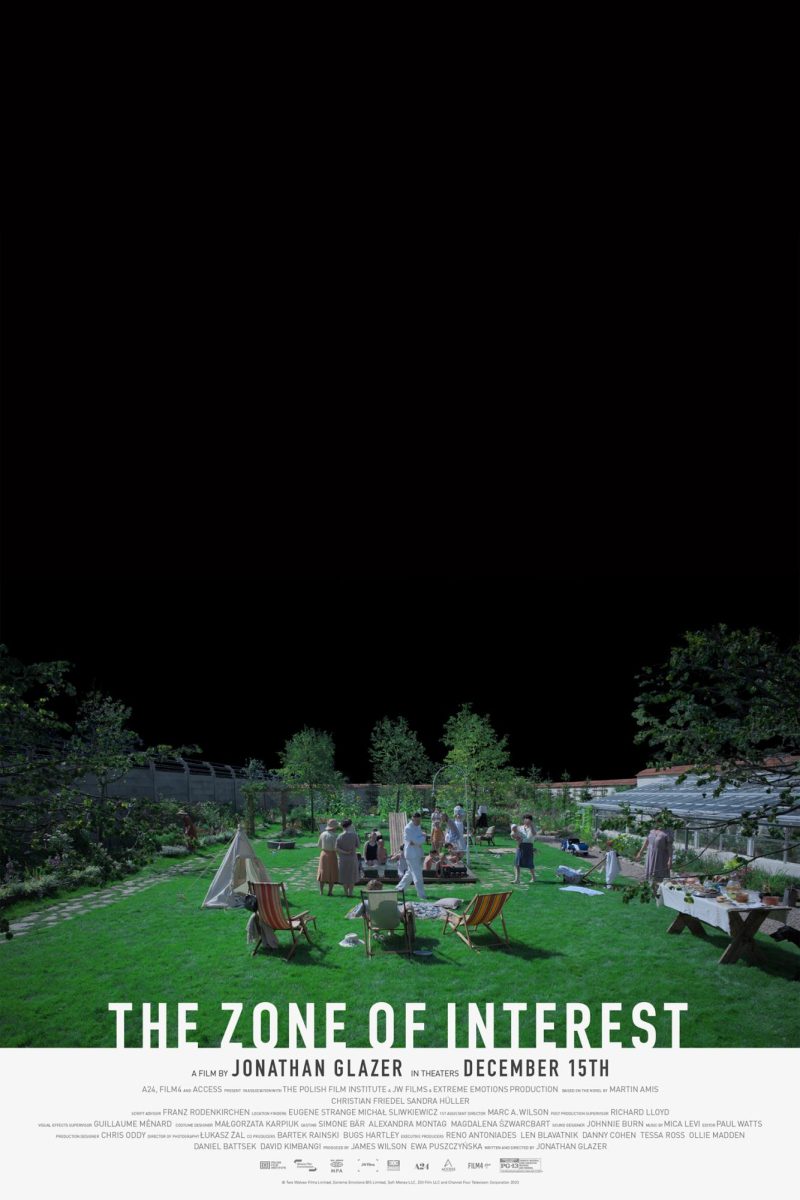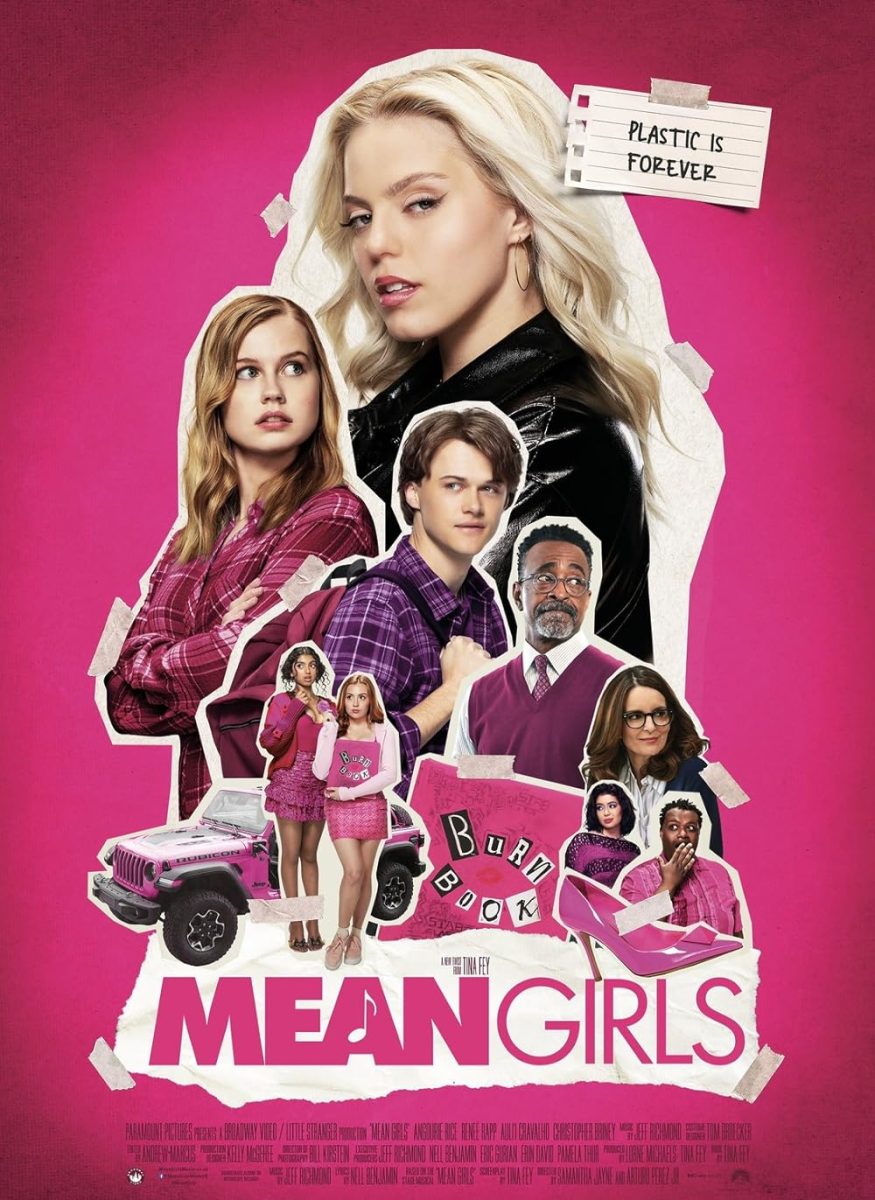
On Sunday, March 10, television host and comedian Jimmy Kimmel hosted the 96th Academy Awards, and for an event known for its gold, sweat and tears — for better or worse — it didn’t disappoint.
Predictably, Christopher Nolan’s historical drama “Oppenheimer” (2023) dominated the night, winning seven Oscars for Best Picture, Best Director, Best Actor, Best Supporting Actor, Best Film Editing, Best Cinematography and Best Original Score. All of these wins, except composer Ludwig Göransson’s for Best Original Score, were first-timers.
“Oppenheimer” stands as the highest-grossing Best Picture winner since Peter Jackson’s “The Lord of the Rings: The Return of the King” (2003), suggesting that the Academy’s tastes are reverting to favoring old-fashioned, highly successful and appealing dramas.
Yorgos Lanthimos’ “Poor Things” (2023) won the second-highest number of Oscars that night, earning four accolades for Best Actress, Best Production Design, Best Makeup and Hairstyling and Best Costume Design.
Emma Stone’s win generated the most controversy, preventing Lily Gladstone from making history as the first Native American actress to win the category for her performance in “Killers of the Flower Moon” (2023). This was further exacerbated by the fact that Gladstone was deemed the frontrunner, according to VegasInsider.
Gladstone had also won precursor awards, such as the Golden Globe Award for Best Actress and the Screen Actors Guild Award for Outstanding Performance by a Female Actor in a Leading Role in a Motion Picture — the final precursor award leading up to the Oscars. Even Stone’s reaction was a genuine depiction of perplexed horror as if the idea of winning never crossed her mind; Stone even said in her acceptance speech, “Lily, I share this with you.”
The win has also sparked discourse on whether narrative and zeitgeist importance should play a role in Academy Award decisions, especially in a post-#OscarsSoWhite world where white hegemony still has reverberating influences in the Academy’s voting body. Like it or not, the Oscars are inherently driven by complex narratives, such as when Brendan Fraser won Best Actor for “The Whale” (2022) after facing industry blacklisting and “American Beauty” (1999) dominated the 73rd Academy Awards because of its portrayal of post-Cold War American disillusionment. With that considered, one could argue that Gladstone’s harrowing performance as Mollie Burkhart in “Killers of the Flower Moon” encapsulates the current cultural zeitgeist, where audiences and filmmakers confront our past atrocities.
Continuing to address the atrocities of our past, Jonathan Glazer’s avant-garde masterpiece, “The Zone of Interest” (2023), won two Academy Awards for Best International Feature Film and Best Sound for Tarn Willers and Johnnie Burn. While accepting his Oscar, Glazer’s speech managed to connect the film’s thesis of apathy and the banality of evil with the events going on in Israel and Palestine. He was among a select group, including Swann Arlaud and Milo Machado-Graner of “Anatomy of a Fall” (2023), alongside other artists and creatives, such as Mark Ruffalo — who wore Artists4Ceasefire pins — to explicitly mention the onslaught of violence in Gaza.
Following the discourse surrounding Glazer’s film, “The Zone of Interest,” another noteworthy winner was the phenomenally realized “Anatomy of a Fall,” which won Best Original Screenplay over incredibly steep competition, running against Celine Song’s “Past Lives” (2023), Samy Burch’s “May December” (2023) and David Hemingson’s “The Holdovers” (2023), which is undergoing a plagiarism allegation from Simon Stephenson.
However, those rooting for “The Holdovers” found solace when Da’Vine Joy Randolph won Best Supporting Actress, which caps off her successful award season, as she won nearly every major precursor award leading up to the Oscars.
Cord Jefferson’s admirably biting satire “American Fiction” (2023) took home Best Adapted Screenplay, prompting Jefferson to give a compelling speech that implores Hollywood to make more mid-budget movies rather than going all-in on their hyper-expensive blockbusters.
Mstyslav Chernov’s “20 Days in Mariupol” (2023) won Best Documentary Feature Film. In his acceptance speech, Chernov used his platform to condemn the ongoing conflict between Russia and Ukraine, saying, “I wish I’d never made this film … I wish I’d been able to exchange this for Russia never attacking Ukraine.”
Hayao Miyazaki’s potentially final film “The Boy and the Heron” (2023), in sheer David-and-Goliath fashion, won Best Animated Feature Film over “Spider-Man: Across the Spider-Verse” (2023), which appeared to lose momentum as awards season drew to a close.
As for the films that underperformed, Greta Gerwig’s “Barbie” (2023) faced disappointment in the “Barbenheimer” battle, winding up with only one Oscar for Best Original Song for Billie Eilish’s “What Was I Made For?”. Despite Justine Triet being nominated for Best Director and winning an Academy Award for Best Original Screenplay with “Anatomy of a Fall,” discourse will inevitably arise for the supposed lack of female representation within the nominations at the Oscars.
However, I think a more interesting conversation lies in the Academy’s reluctance to recognize comedy, or any non-drama-adjacent film, for that matter. Fortunately, we did get phenomenal live renditions of the two nominated “Barbie” songs, including “What Was I Made For?” and Ryan Gosling’s sentimentally anthemic “I’m Just Ken.”
Movies that left the event empty-handed include Martin Scorsese’s “Killers of the Flower Moon,” marking yet another disappointing outcome for the 81-year-old director who has won only one Oscar out of the 16 nominations he’s received. Additionally, Bradley Cooper’s deceptively artsy but conventional “Maestro” (2023) also left with zero Oscars, as the movie fell out of favor with people both inside and outside the Hollywood industry who felt that Cooper, who was both the lead actor and director of the film, was “trying so hard” — and maybe too hard — to win an Academy Award.
In the end, the biggest winner of this nearly four-hour-long self-congratulatory session is the Academy itself. It’s no secret that the Oscars have been losing their relevance over the decades, whether it’s because of the democratization of media criticism or the countless public scandals that have tarnished that whimsical perception of Hollywood life. The allure of Hollywood, and subsequently the Oscars, simply isn’t what it used to be for most people.
After arguably reaching an all-time low with the 94th Academy Awards, a ceremony that consisted of hosts who made punchlines about the Oscars’ growing irrelevance and the infamous Will Smith slap, it’s refreshing to see a ceremony so smooth-sailing while staying true to its essence.











